Monday, September 18, 2023, New York, NY
From increasing temperatures, rising sea levels, and heavy rainstorms, to lack of maintenance, investment in infrastructure, and public policy support, Puerto Rico has become more vulnerable and unable to handle catastrophic events such as the ones experienced in 2017 with Hurricane Maria.
The natural infrastructure along our coasts that for thousands of years acted as the first line of defense during extreme events is without support since there are no intentional mechanisms to adapt to a different climate reality.
The high recurrence of these impacts sets back Puerto Rico from recovering in time to face the next disaster, pushing an already fragile region to a highly vulnerable state.
Involving the economically and ecologically impacted communities in the design and decision-making processes could very well be part of the solution.
That’s why Estuario is announcing a Clinton Global Initiative Commitment to Action to train and empower 150 high-school youth to engage in citizen science to acquire skills and knowledge in coral reef, seagrass, and mangrove assessment and restoration.
This commitment expands Estuario’s Coastal Resilience Citizen Science Certification, so these young students can acquire scientific skills through training with expert scientific organizations to scale coastal resilience efforts throughout Puerto Rico.
Estuario aspires to inspire them to eventually join the blue/green workforce in coastal resilience; one capable of assessing its own risks, vulnerabilities, and assets, particularly after extreme weather events.
This Citizen Science Certification program will bring resilience to vulnerable coastal regions of the San Juan metropolitan area by restoring the capacity of seascapes to continue to serve as the first line of defense.
It is also part of a greater effort to empower citizens to develop adaptation and restoration projects in their coastal communities.


